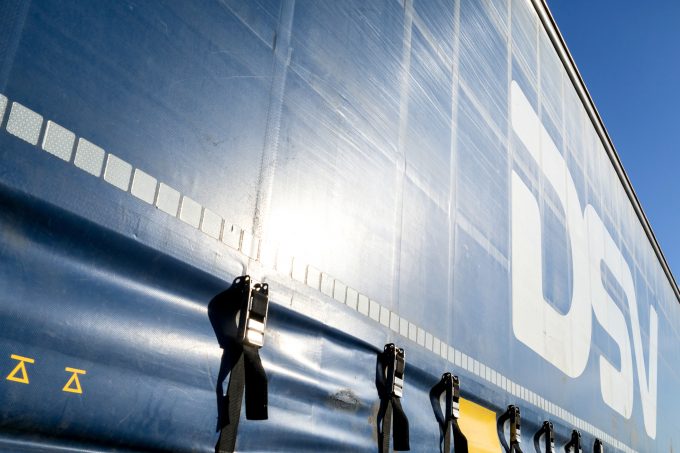M&A and the impact on staff: Part1, DSV and its culture
Introduction This business is all about people. It’s about relationships, the daily toil achieved together. The experiences ...

DSV is planning to be “extra aggressive” to retain volumes, even if it risks yields, group CEO Jens Bjørn Andersen told investors today.
But M&A activity will be on hold until sellers offer realistic prices, he added.
The Danish company announced another strong set of results, with ...

Comment on this article